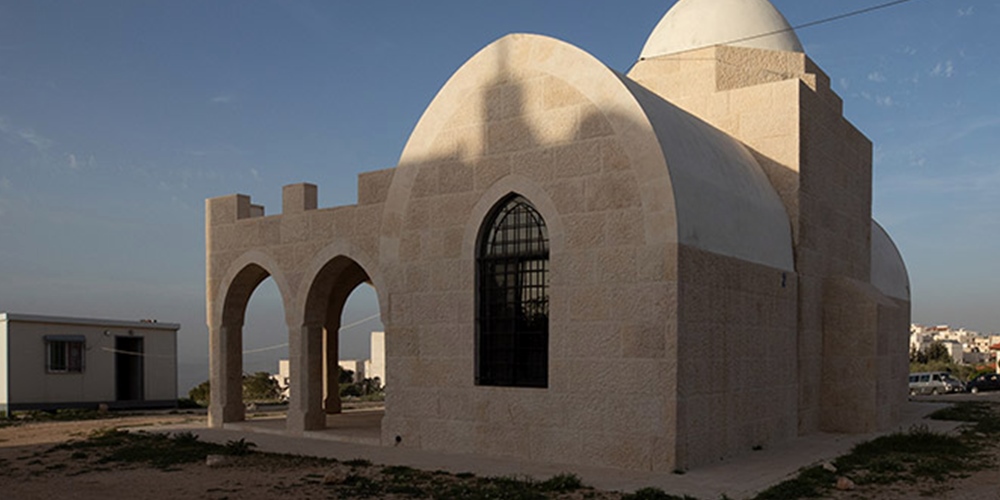The Tomb of Abdul Rahman Bin Awf

Abdul Rahman Bin Awf, known as Abd al-Rahman bin Awf al-Qurashi al-Zuhri, is one of the most esteemed companions of the Prophet Muhammad (peace be upon him). Born approximately in 580 AD (43 years before the Hijra), he was among the earliest converts to Islam and is famously recognized as one of the ten companions promised Paradise.
Originally named Abd Amr, he was later called Abdul Kaaba until the Prophet bestowed upon him the name Abdul Rahman. His journey into Islam began through the guidance of Abu Bakr al-Siddiq (may God be pleased with him), leading him to make significant migrations first to Abyssinia and then to Medina.
Abdul Rahman’s contributions during the Prophet’s lifetime are notable; he participated in all major battles, including Badr, Uhud, Khandaq, and was part of the Pledge of Ridwan. His leadership skills shone brightly when he led an expedition to Dumat al-Jandal and earned the respect of his peers—most notably when Omar ibn al-Khattab consulted him on vital matters.
Omar ibn al-Khattab also recognized his significance by including Abdul Rahman among six individuals nominated for caliphate succession after his own tenure. This selection underscored not only Abdul Rahman’s commitment but also his stature within the early Muslim community.
Tragically, Abdul Rahman bin Awf passed away in 656 AD (32 AH), leaving behind a legacy of faith and devotion that continues to inspire Muslims around the world today. His life exemplifies unwavering devotion and significant contributions to early Islamic history.

